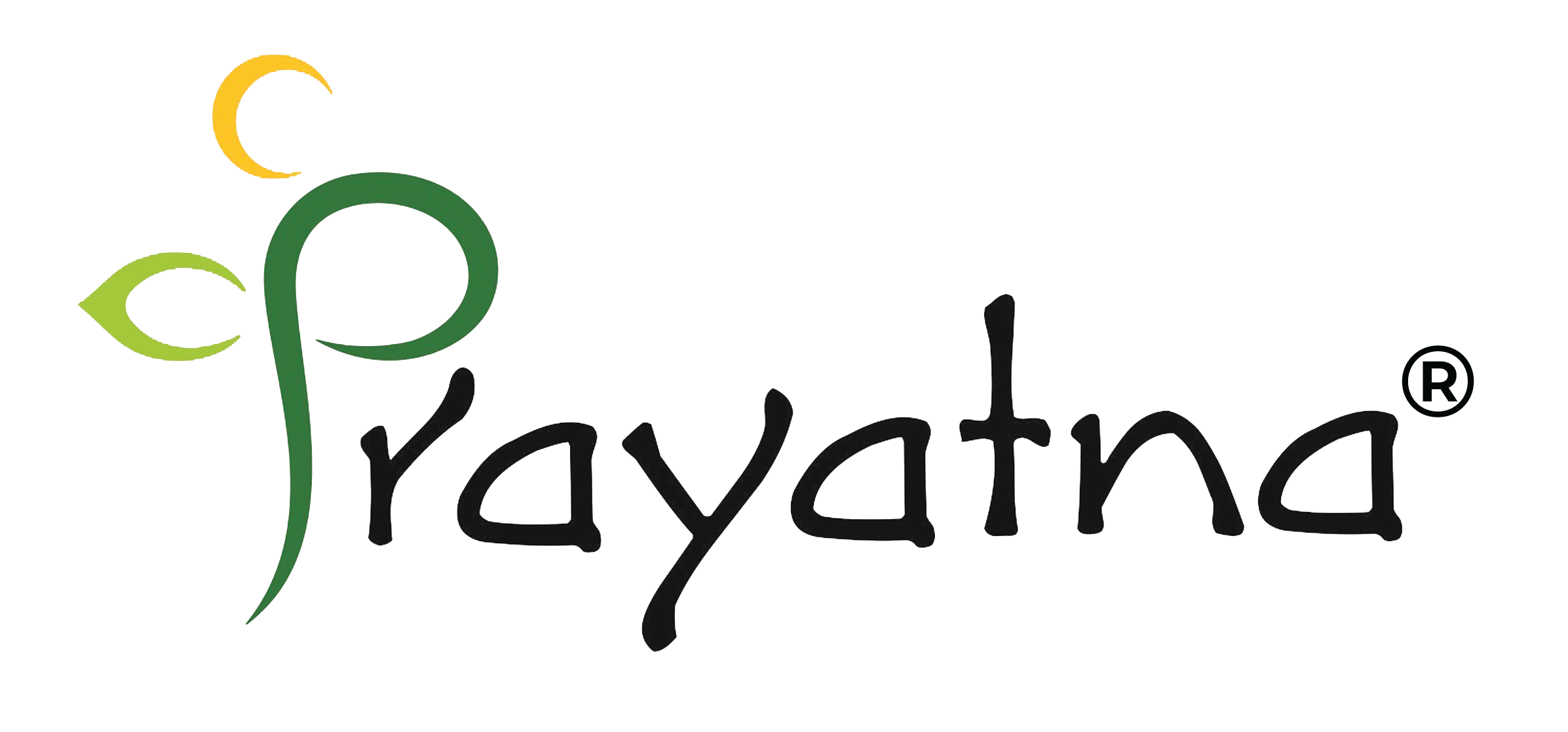Physiotherapy

Physiotherapy is primarily concerned with rehabilitation and recuperation of people with movement disorders which may have been present from birth, acquired through accident or injury, or as a result of ageing or life challenging events. Physiotherapy helps recovery from injury and reduces pain and stiffness.
Pediatric physiotherapy deals with the treatment of children who need range of motion, strength, coordination, postural control, quality of movement and gross motor development.
Paediatric physiotherapy plays an integral role in comprehensive rehabilitation of children with
- Cerebral palsy
- Delayed milestones
- Congenital syndromes
- Traumatic brain injury
- Premature birth or
- Any post surgical orthopedic conditions
Early diagnosis and treatment help children to improve their functional mobility & strength making them more independent.
Skills & Procedures

- Physiotherapist assesses the child's condition, diagnoses the problem and devises a treatment plan that suits child's general health and needs.
- Depending on child's condition, the therapist focuses on developing various age appropriate developmental or functional skills.
- Physiotherapist may use special positions, exercises, cushions, braces, balls, casts and splints as part of therapy programme to improve the skills and functions.
- Regular monitoring of child's progress and modification in programme as the child improves, develops and grows.
- Educating the parents on various exercises and treatment and involve them in the therapy sessions.
Treatment by Paediatric Physiotherapists
Paediatric physiotherapists have specific skills required to assess, care and motivate children. They work closely with all those involved in the developmental process of the child including families, teachers, doctors and other health professionals.
Prayatna has a special advantage of providing MMSP (Manual Myofascial Stretching Programme) for children which deals with the stretching of tight muscles and stimulating the reciprocal muscles using manual techniques. This treatment completely deals with motor point stimulation or stretching of specific muscles, which helps in relieving pain due to tightness in spastic cases. Parents are educated so that they can continue the treatment at home after regular therapy session.
Children will receive a 45 minutes therapy session which may vary from a few weeks to months depending on the severity of the problem. During the therapy sessions, parents will also be educated about the condition, treatment and exercises for follow-ups at home and to ensure effective results.
Physiotherapy in prenatal and postnatal periods
Antenatal period is the time in pregnancy period between conception and birth. It's a period of child forming in the womb and is associated with many musculoskeletal changes in a woman's body. Postnatal period is the period commencing immediately after birth of a child, extending for around 6 weeks. It is the time after birth of the child, in which a mother's body, including hormone levels and size of the uterus, returns to a non-pregnant state.
Antenatal and Postnatal periods are part of natural stages in pregnancy. But inappropriate care and procedures during these periods can lead to several health problems.
A woman's body undergoes enormous changes during pregnancy, and it can significantly affect her overall everyday functioning. In most of the cases, discomfort during pregnancy is a natural process, but in some cases it can be more than that. Even regular tasks like sitting, walking, standing and working can sometimes be difficult during this period.
During pregnancy period, certain parts of the body, especially back and pelvis are thought to soften and loosen, to help make ligaments more flexible and mobile. When these changes start to take place, back pain and discomfort also set in. It may vary from person to person and may be different in subsequent pregnancies. Problems usually occur as the pregnancy advances and weight of the baby increases. Physiotherapists assist women in alleviating pregnancy related problems and help in quickening up recovery process. In high risk pregnancy, consultation of physiotherapists is done with the Gynaecologist's prescription.
The main difficulties or complaints of antenatal period include:
- Low and mid back pain.
- Difficulty or pain in movement.
- Bladder control problems or urinary incontinence or constipation.
- Ankle edema.
Postnatal problems include:
- Back and shoulder pain
- Neck pain
- Abdominal bulging
- Post caesarian pain [after healing]
- Perineal pain or discomfort
- Bladder bowel difficulties or constipation
- Loosening of abdominal muscles.
Physiotherapists play an important role in mitigating all these conditions and bringing the body back to normal stage. A physiotherapist designs antenatal and postnatal exercises for each patient and uses various strategies for effective treatment which includes:
- Screening and instructing patients on how to perform exercises safely and effectively.
- Positioning, patterning and strengthening exercises.
- Facilitating increased body awareness of movement and teaching breathing exercises and physical relaxation techniques.
- Postural correction along with exercises for reducing weight gained during pregnancy.
- Exercises for tightening the lower abdominal muscles and getting rid of the loose skin in the area post pregnancy.
- Basic techniques for moving and stretching and finding comfortable working postures during and after pregnancy.
Early antenatal and postnatal mobility that include:
- Moving in bed.
- Getting in and out of bed
- Getting up and down from a chair
- Positioning and postural care and back care with baby.

